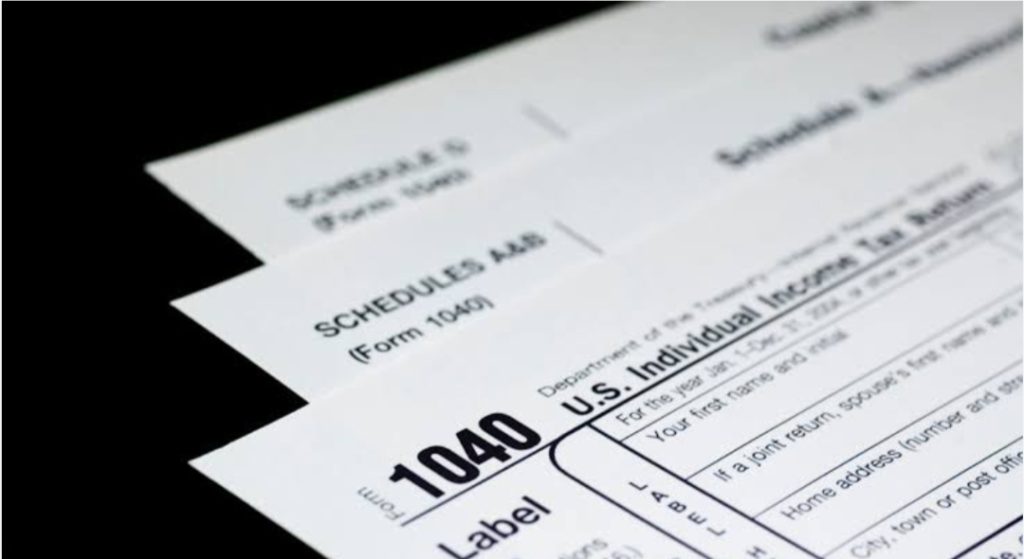Wash sales are a risk for investors hoping to deduct capital losses from their investments since they might ruin their plans to claim a deduction at tax time. One of the most important things to watch out for when attempting to use tax-loss harvesting to lower your taxes is a wash sale. In declining markets, it might be beneficial to confirm that you are not breaking any laws.
All About Wash Sale
A wash sale occurs when you sell a financial instrument, like a stock or bond, at a loss but within 30 days of the sale, you buy the same instrument or one substantially similar. A wash sale gives the impression that you have given up ownership of the property and sold your position, even when you haven’t.
The Internal Revenue Service (IRS) prevents you from deducting expenses from your income until you completely leave the position if you are reporting a loss on the sale of an asset when it was truly a wash sale. Stocks, bonds, mutual funds, ETFs, options, futures, and warrants are all subject to the wash-sale rule.

Nevertheless, as of right now, cryptocurrencies are exempt from the wash-sale restriction. Thus, investors in cryptocurrency who wish to deduct their taxes can sell their investment and then buy it back, continuing to benefit from tax loss harvesting.
Strategies That Fall Short
Sometimes investors believe they can use various creative strategies to get around the wash-sale restriction, but the IRS consistently rejects these attempts. These are a handful of the most well-known.
1. It is not permissible to sell an asset for a loss in a taxable account and then purchase it again within the 30-day window of a retirement account, like an IRA or 401(k), all while claiming a loss in the taxable account. It’s also crucial to remember that additional wash-sale regulations do not apply when trading in tax-advantaged retirement funds because you are not allowed to claim tax losses there.
2. You and your spouse are subject to the wash-sale rule as though you were a single entity. For instance, you can’t file for a loss if your spouse purchases the item again within the allotted thirty days. You may also apply this rule to a corporation under your control. Therefore, you are unable to have the corporation purchase while you are selling and yet be able to deduct the loss.
3. One of the most common tax-reduction techniques is tax-loss harvesting, but individuals who use it close to the end of the year should be especially aware of this restriction. Your portfolio must be positioned to be compliant by the end of the calendar year. Therefore, to claim any related loss on that year’s tax return, you must clear wash sales by December 31.
Don’t assume, however, that you may repurchase the asset within 30 days of the new year without breaking any laws. Because your brokerage is keeping an eye on things, and because your taxes aren’t due until after the end of the year, your company has plenty of time to report your account correctly.
4. A wash sale may be reversed in the eyes of certain investors, who believe they can purchase more of the asset before selling it less than 30 days later and declaring a loss.
Tax Loss Harvesting
Generally, Capital losses are deductible by the IRS and can be used to balance off capital gains. if qualifying, you can deduct up to $3,000 from your net loss in any given year. In other words, you can more than offset any gains thanks to tax laws.
Tax-loss harvesting is a clever strategy used by astute investors to reduce their taxable income through losses. It is not possible to claim the write-off for a wash sale until the asset is sold and you refrain from buying it for a minimum of 30 days.
You can carry the item after that time without having to follow the wash-sale guidelines. You will have to wait an additional 30 days before repurchasing the asset to prevent a wash sale if you lose money on this repurchase and sell it again.
Nonetheless, you shouldn’t worry that the wash-sale restriction will permanently eliminate your tax benefit. It is not impossible to claim your loss; it is just postponed. You can securely claim the loss on your tax return and avoid any further penalties if you just don’t repurchase the asset within the 30-day window.
Deduction Of Losses
You cannot deduct the loss from your taxes if you have a wash sale. Rather, you should increase your cost basis in the new position by the amount of the loss. You will be able to recover the loss when you sell the new stake. You usually won’t have to compute wash sales yourself because your broker will usually take care of that for you.
However, to maximize your tax loss harvesting, you might want to be aware of your particular situation at year’s end to maximize your claim for losses. If you inadvertently (or on purpose) write off the loss on a wash sale, you will receive a revised tax bill from the IRS. The IRS has access to the same data that your broker does. Therefore, you are responsible for paying any tax difference resulting from the inaccuracy.
Read Also – How Can You Bring Positive Experience To Customers



